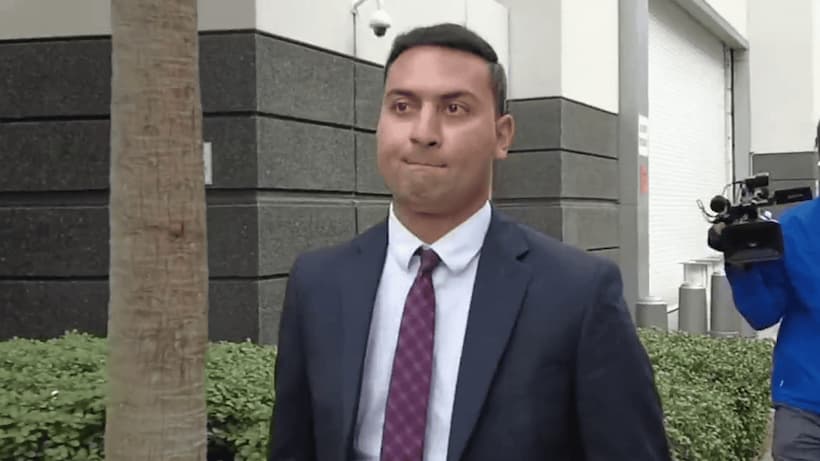Sports Betting
FanDuel is being sued for DFS losses by a former Jaguars employee who stole millions from the team

Amit Patel is a former employee of the Jacksonville Jaguars who is now serving prison time. He stole $22 million from the team. Recently, Patel filed a civil lawsuit in a federal court against FanDuel and their parent company Flutter on Tuesday. He alleges that FanDuel “preyed” on Mr. Patel by using his information about his gambling addiction. The industry leader enticed Patel with over $1 million in FanDuel credits and other lavish gifts.
There is an alleged FanDuel VIP host who had been in constant communication with Mr. Patel in the past. He claims this host contacted Patel as much as 100 times a day from late 2021 into early 2023. The VIP host gave Patel gifts to marquee events like Miami’s F1 Grand Prix, the NCAA men’s basketball national championship game, and the Masters.
The lawsuit claims that the alleged host would even join Mr. Patel on some of these trips. It went as far as Patel being introduced to the girlfriend of the VIP host. To make matters worse, the host admitted that FanDuel was breaking the AML (anti-money laundering policies) by giving refunds back to Patel’s credit card. The one he used to steal millions from the Jaguars.
Amit Patel’s case is similar to a situation another gambler found themselves in
New Jersey attorney Matthew Litt is representing Amit Patel in his case. Litt is the same lawyer who is representing Sam A. Antar. He is the nephew of white-collar criminal “Crazy Eddie” Santar. Sam’s ongoing case with BetMGM is quite similar to what Patel has with FanDuel. Antar alleges that two VIP hosts with BetMGM exchanged over 1,800 text messages in less than nine months.
That included “relentless” financial incentives and gifts to help Antar bet in greater amounts. Additionally, Antar’s appeal states that BetMGM collected and monitored his data. It showed he gambled nearly $30,000,000 in a calendar year. That was done through roughly 100,000 online bets. This is the same principle in which Mr. Patel is handling his case.
He is using Florida’s Deceptive and Unfair Trades Practices Act as his primary legal lever. It targets defendants who have actively and intentionally preyed on problem gamblers. Another similarity that Patel and Antar share is that they are convicted felons. However, both were unfairly targeted by sportsbooks who knew they were dealing with someone who had a gambling addiction.











